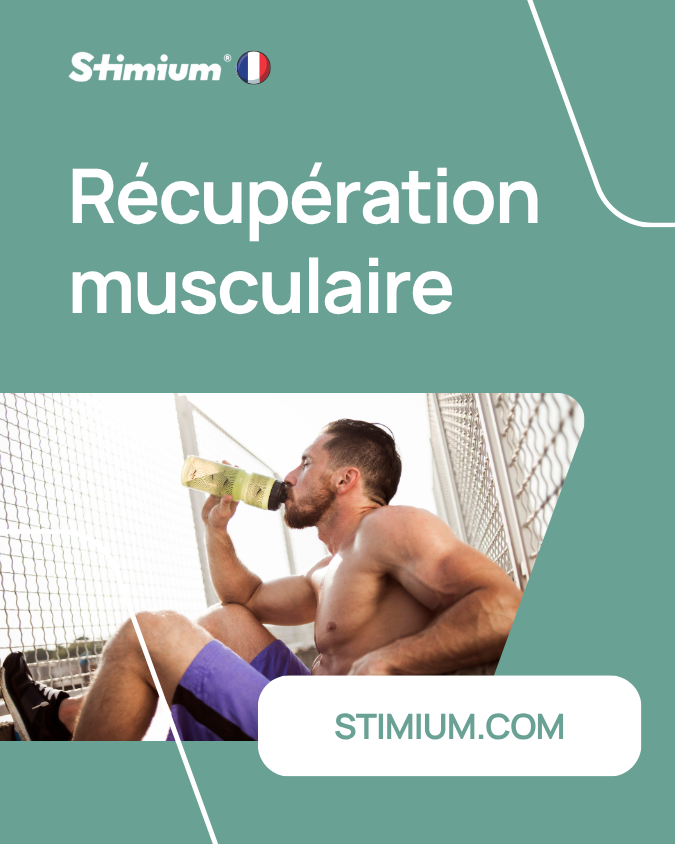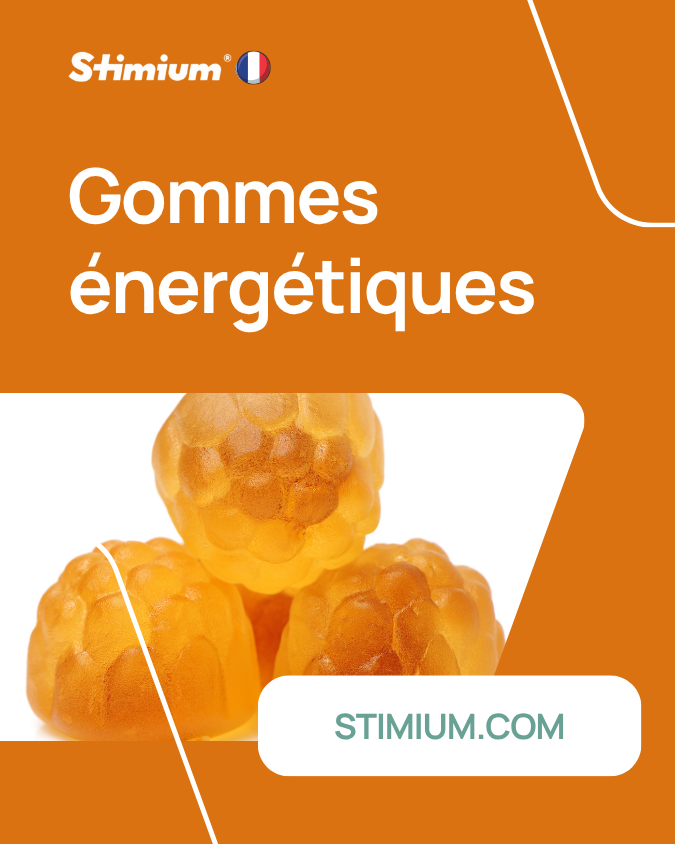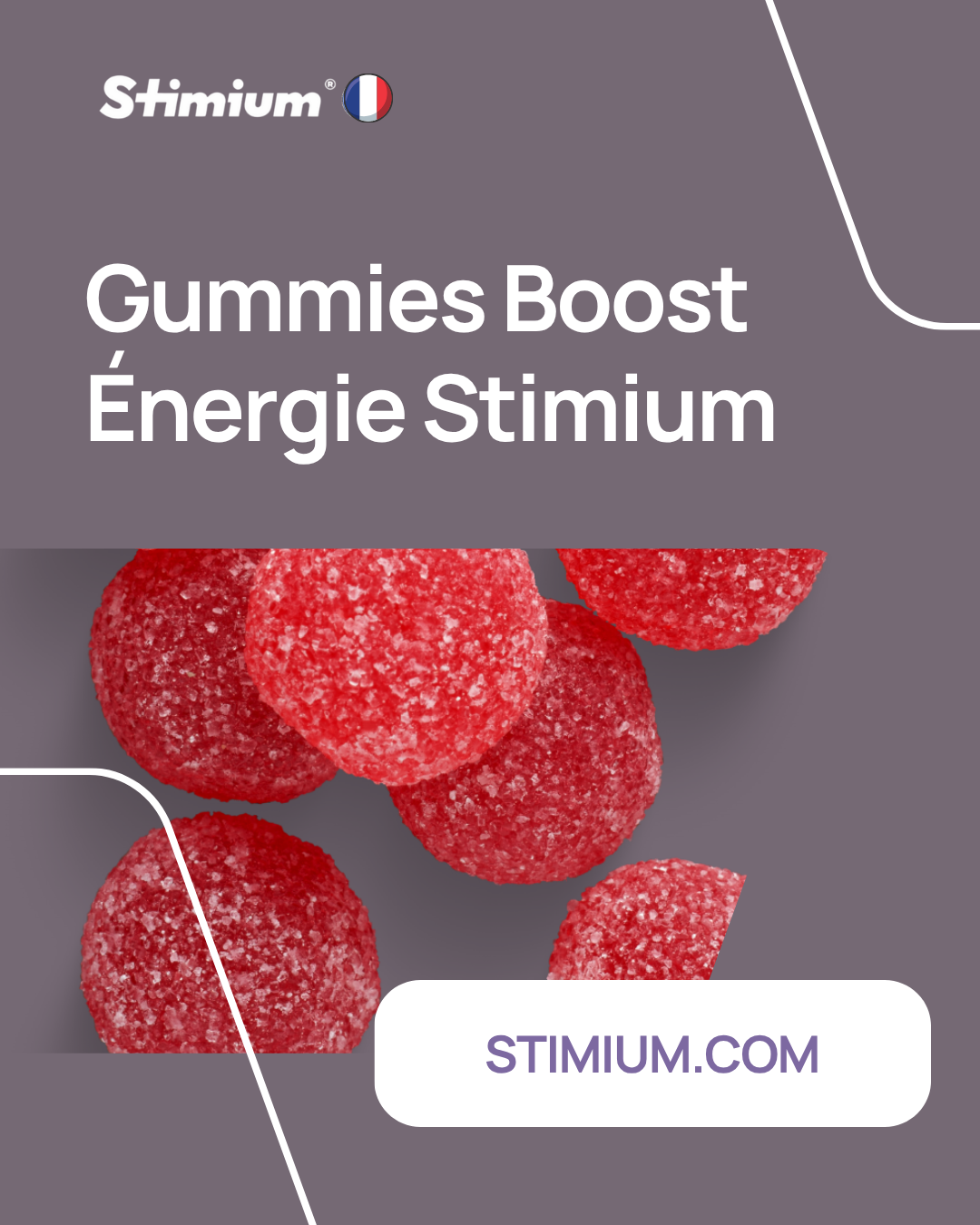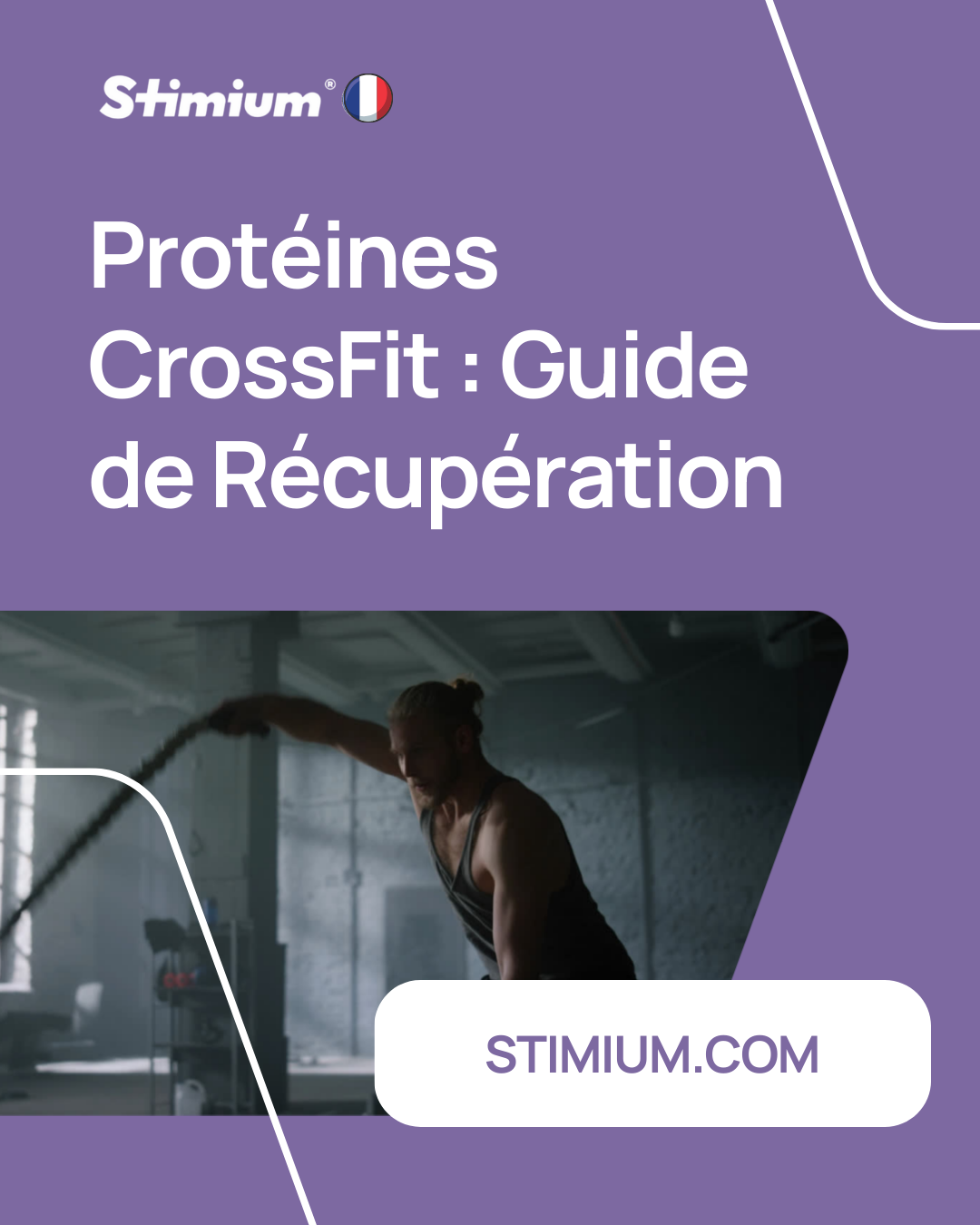Vegetarian and bodybuilding: what to eat to build muscle?
According to a recent survey carried out in France by the Harris Interactive polling institute, around 3% of the adult population declares themselves vegetarian, that is to say they do not consume meat, fish or seafood. .
However, if we take into account people who are reducing their meat consumption but are not completely vegetarian, this figure is much higher. A 2018 study by consulting and auditing firm Deloitte found that nearly a third of the French population (30%) reduced their meat consumption over the past 12 months. Additionally, more and more people are opting for a plant-based diet for health, environmental or animal welfare reasons, which has led to rapid growth of the vegetarian and vegan products market in France. these last years. According to a 2020 study by Xerfi, the French market for vegetarian and vegan products grew by more than 25% between 2019 and 2020, reaching a value of more than 1.2 billion euros.
It is entirely possible for people following a vegetarian diet to build muscle by consuming a suitable diet and doing strength training. Here are some tips for vegetarians looking to increase muscle mass:
Make sure you're getting enough protein: Protein is essential for building muscle, so it's important for vegetarians to consume enough protein from plant-based sources such as legumes (lentils, beans, chickpeas), nuts, seeds, soy products, whole grains and green vegetables. Vegetarians should aim to consume around 1.2 to 1.6 grams of protein per kilogram of body weight per day. At Stimium , we have opted for soy protein, because it is very digestible, mixes very well in a shaker , and above all, contains a very high proportion of protein since VegPro is 95% concentrated!
Consume enough calories: To build muscle, it is important to consume enough calories to support training and muscle recovery. Vegetarians can eat high-calorie foods like nuts, seeds, avocados, and healthy vegetable oils to increase their calorie intake. Many athletes who consume plant proteins also combine their supplementation with spirulina , very rich in proteins and antioxidants.
Eat foods rich in carbohydrates: Carbohydrates are important for providing energy during training and for replenishing muscle glycogen stores after training. Sources of carbohydrates for vegetarians may include fruits, vegetables, whole grains and legumes. These are good carbs, not refined sugars. Fruits contain natural sugars such as fructose, which are absorbed more slowly by the body than refined sugars such as sucrose or high fructose corn syrup. Fruits are also rich in fiber, vitamins, minerals and antioxidants, making them a healthy food choice. The fiber in fruit slows the absorption of sugars, which can help stabilize blood sugar levels and prevent insulin spikes.
Choose nutrient-dense foods: Nutrient-dense foods can help support overall health and muscle recovery. Vegetarians can include nutrient-dense foods such as leafy green vegetables, fruits, nuts, seeds and legumes.
Consume supplements if necessary: If vegetarians have difficulty getting enough protein from food sources, they may consider taking plant-based protein powder supplements. Creatine supplements, in powder or tablet form , can also be helpful in improving performance and muscle growth.
In summary, vegetarians can build muscle by eating a balanced and appropriate diet, doing regular strength training, and ensuring they consume enough protein, calories, and nutrients. There is therefore no contraindication to practicing sport if you are vegetarian, vegan, or simply if you wish to limit your consumption of products of animal origin. It is with this in mind, for example, that Stimium Laboratories have put an end to our famous ProNrj and Boost gums which previously had a gelatin base, certainly easier to manufacture, but actually containing animal waste. Pectin, and particularly apple pectin, has imposed itself on us, and as often as possible, we will try to favor non-animal sources, without being dogmatic. For example, our collagen is a marine collagen , that is to say from fish caught in France, quite simply, because it is a really effective product for people with joint pain, and that marine collagen remains, perhaps wrongly in our opinion, more acceptable than collagen of bovine or porcine origin.
Eating plant proteins generally does not cause any particular side effects compared to animal proteins, but there can be significant differences in how the body processes them.
Animal proteins contain essential amino acids (EAA) which are not produced naturally by the human body and must be obtained from food. Plant proteins also contain essential amino acids, but not always in the same proportions as animal proteins. This means it may be more difficult to get all the necessary essential amino acids from plant sources alone, especially for vegans and vegetarians.
However, most plant-based protein sources are also rich in fiber, vitamins, minerals and antioxidants, making them a healthy dietary choice. In addition, plant proteins are often lower in saturated fat and cholesterol than animal proteins.
Additionally, some people may experience digestive issues such as bloating or gas when consuming plant-based proteins in large quantities, due to their fiber content. This can be avoided by slowly increasing the amount of plant-based protein consumed and ensuring you drink enough water to support optimal digestion.
In summary, eating plant-based proteins is generally safe and has many health benefits, but it is important to ensure that you are getting all the essential amino acids needed and to monitor your fiber intake to avoid any undesirable side effect.







